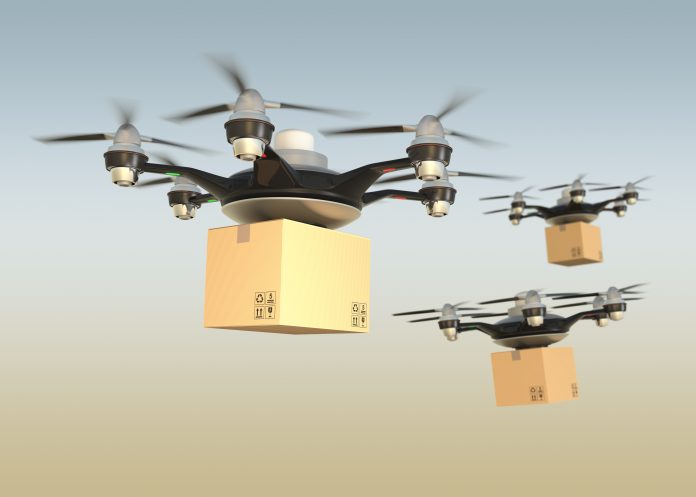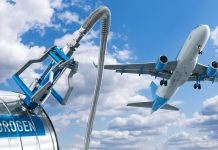Flying taxis, drone deliveries and short-haul plane journeys powered by hydrogen or batteries are not far from reality
The UK Research and Innovation’s future flight vision and roadmap sets out how zero-emission air travel between UK cities could be possible within a decade.
One of the main elements of the roadmap is the use of hydrogen or electrically powered aircraft to provide short journeys for up to 10 people.
These vertical-takeoff air taxis would eliminate carbon emissions, ease congestion in British cities and reduce journey times for travellers.
Increased use of drones for both delivering goods and emergency services will also provide rapid and convenient access to everyday goods and services and support emergency services in undertaking complex inspections and operations.
Current projects
Current developments underway include hybrid electric light aircraft flight trials by aviation company Ampaire.
The Air-One project, led by Urban-Air Port, is another and involves setting up the world’s smallest airport in Coventry.
UKRI’s future flight deputy challenge director Simon Masters said: “Achieving accessible, safe, sustainable transport will be a key element in the fight against climate change.
“That’s why in the year of COP26, UKRI is setting out what it thinks air travel should look like in 2030.
“Some of the concepts in this roadmap might seem a little further away than 2030, but the future is closer than you think.
“We’re already seeing some these ideas put into practice, with the UK’s first vertical takeoff airport months from opening and a hybrid air travel trial taking place in Scotland at this very moment.”











